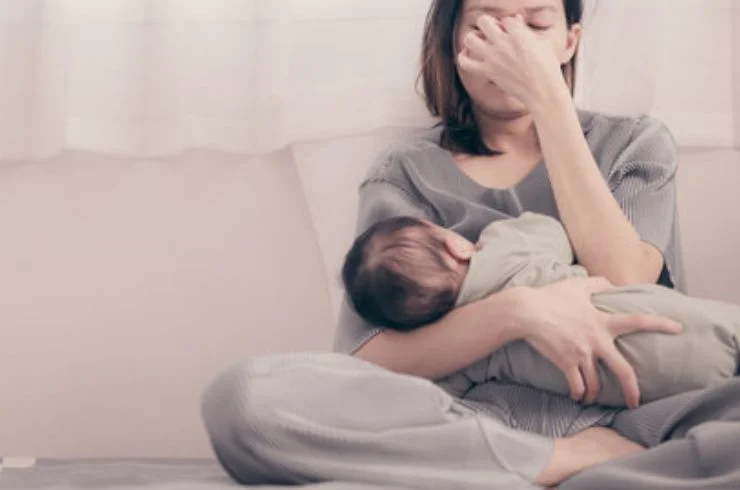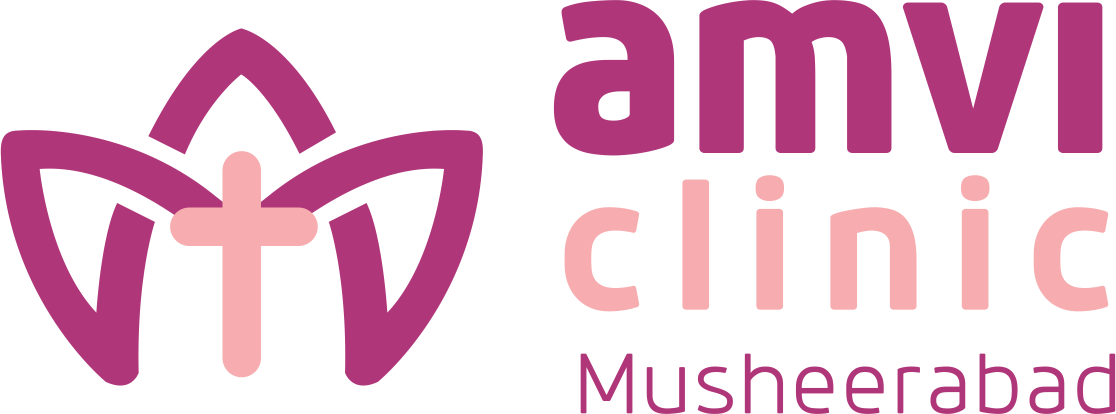Postpartum Disorders
- Home
- Gynecology and Obstetrics
- Postpartum Disorders

The postpartum period is a critical phase in a woman’s life, where both physical and emotional changes can occur as the body adjusts to life after childbirth. At AMVI Clinic, we offer comprehensive care and support for new mothers experiencing postpartum disorders, helping them navigate this challenging time with expert guidance and personalized treatment options.
What Are Postpartum Disorders?
Postpartum disorders refer to a variety of physical and emotional conditions that women may experience after childbirth. These can affect a woman’s overall well-being and her ability to care for herself and her baby.
Common types of postpartum disorders include:
Postpartum Depression (PPD):
A severe form of depression that affects women after childbirth. Symptoms include persistent sadness, irritability, mood swings, fatigue, and feelings of inadequacy.Postpartum Anxiety:
Anxiety disorders that may involve constant worry, panic attacks, and overwhelming feelings of fear for the baby’s well-being.Postpartum Psychosis:
A rare but serious mental health condition characterized by hallucinations, delusions, and severe mood swings, often requiring immediate medical attention.Postpartum Stress Urinary Incontinence:
Involuntary leakage of urine after childbirth due to weakened pelvic floor muscles.Breastfeeding Challenges:
Issues such as nipple pain, low milk supply, or difficulty breastfeeding, which can contribute to emotional distress.Physical Recovery Issues:
Persistent pain from perineal tears, C-section recovery, or uterine discomfort after birth.
Common Causes of Postpartum Disorders
Hormonal Fluctuations:
Rapid hormonal changes after childbirth, especially the decline in estrogen and progesterone, can affect mood and emotional well-being.Sleep Deprivation:
The demands of caring for a newborn can lead to chronic fatigue, which can worsen physical and emotional health.Previous Mental Health Conditions:
Women with a history of depression, anxiety, or other mental health issues may be more prone to postpartum disorders.Stress and Life Changes:
Adjusting to the responsibilities of motherhood and changes in lifestyle can create stress, triggering or exacerbating mental health challenges.Lack of Support:
Social isolation or lack of emotional support from family and friends can make it harder to cope with postpartum challenges.
